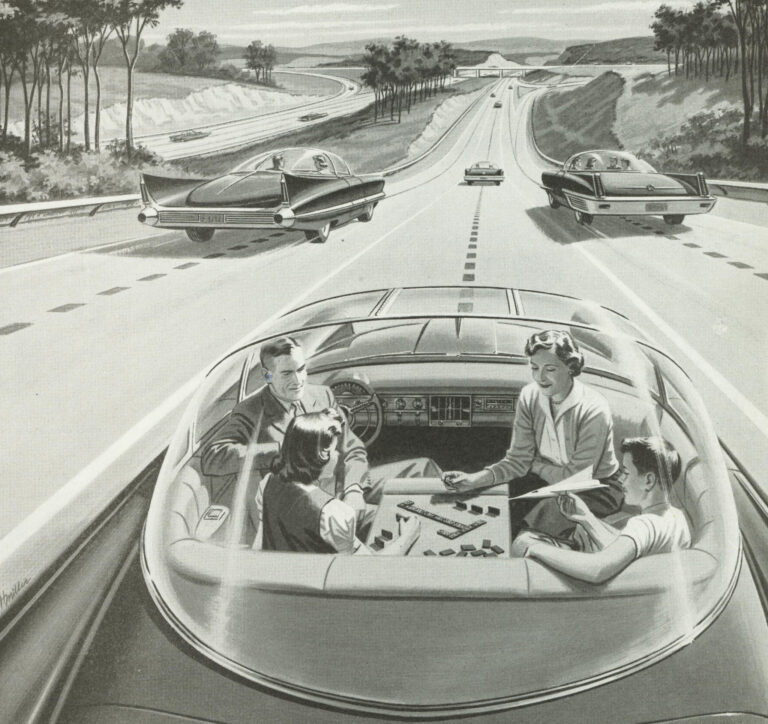Europe’s New Privacy Laws Mean Field Day for Lawyers and Activists
Europe’s General Data Protection Regulation (GDPR) is the world’s strongest data privacy law, and its effects are reverberating around the globe.
Europe’s General Data Protection Regulation (GDPR) is the world’s strongest data privacy law, and its effects are reverberating around the globe.
Margrethe Vestager is making sure the world’s most powerful tech companies are complying with the EU’s rules on competition.
With everyone trying to cash in on the cryptocurrency gold rush, some companies are exploiting investor eagerness using fraudulent schemes.
Yevgeniy Nikulin’s hacking crimes, resulting in a nine-count indictment in the USA, embody the increasingly tense relations between Russia and the United States.
As people cut the cable cord and move to streaming options, the Time Warner/AT&T merger deal will signal how acceptable mergers are between the creators of content and the companies that distribute it.

While 4G networks can send hundreds of millions of bytes per second, 5G networks will send billions, changing how we live and work.

In part 1 of our series on self-driving cars, we explore the idea that before driving gets fully automatic and easier, it first gets more complicated.
Courts have decided Twitter provided no “material support” for terrorists, and therefore not liable for the deaths of two Americans killed by a terrorist in Jordan in 2015.